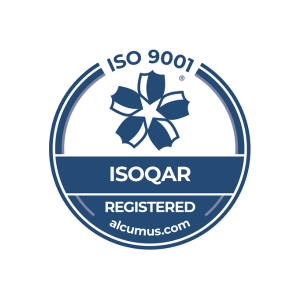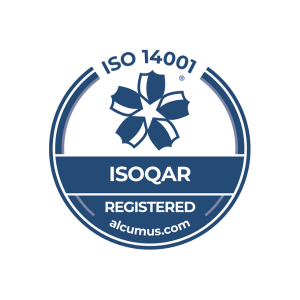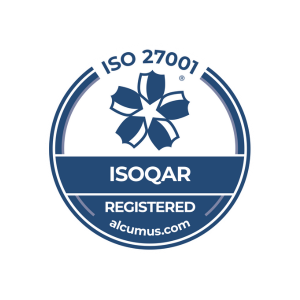It is essential for employers to understand the mental health considerations prior to travel, during travel, and after travel. A traveler’s trip starts the moment they leave until the moment they return; a traveler needs the resources and support the entire time.
May is Mental Health Awareness Month in the US and we spoke with Dr. Mark Fischer, Regional Medical Director of the Philadelphia Assistance Center at International SOS, on supporting mental health of travelers. In part one of this series, we focus on actions a company should take to ensure proper Duty of Care.
Q: First, how can frequent business travel affect mental health?
Dr. Fischer: There are many factors that can negatively influence mental health:
- The stress of the travel itself
- Time zone changes and jet lag
- Leaving your normal routine
- Being in a new or different place
- Long nights
- Higher than normal consumption of alcohol at events
All these factors can take a toll and may exacerbate well-controlled conditions while individuals travel for business.
Q: How should companies support the mental health of their employees who travel for business?
Dr. Fischer: Supporting their employee’s mental health during travel needs to be a part of a company’s Duty of Care program. There should be a plan in place, and one that includes mental health as it is a foreseeable risk. If people are dealing with mental health issues at home, there’s a good chance that there will be exacerbations while traveling.
Employers should:
- 1. Educate managers and their employees who are traveling so they know who to call when they are away and are having any medical concerns or questions.
- 2. Provide access to 24/7 medical professionals that can help them navigate healthcare issues. When you are in an unfamiliar location, there may be language barriers or safety and security issues, so it helps to have an assistance provider that has the expertise to help travelers find the care they need.
- 3. In the event of a more serious situation that results in a traveler needing to be safely relocated home, resources for medical evacuations can ensure traveler safety.
Q: What are some helpful tools for companies to consider providing their employees with?
Dr. Fischer: There are a variety of remote options for counseling, all of which are a great resource if you need to speak with a professional during a trip. Providing this tool to employees ensures they have someone to talk to, should the need arise.
But having a remote counselor is only one part of the puzzle. If the counselor recommends in-person evaluation, where would you go, how quickly do you need to be seen, and should you end your trip early? Employers need to have a plan of action to help their employees.
About the Author:
Mark B. Fischer, M.D., Regional Medical Director Assistance, Americas Region, is responsible for providing medical assistance and coordination of medical care to patients traveling and living abroad.
Dr. Fischer started with International SOS in 2012, providing international medical case management, medical transportation and health risk mitigation. Dr. Fischer has been the medical escalation point for oversight and case manage















